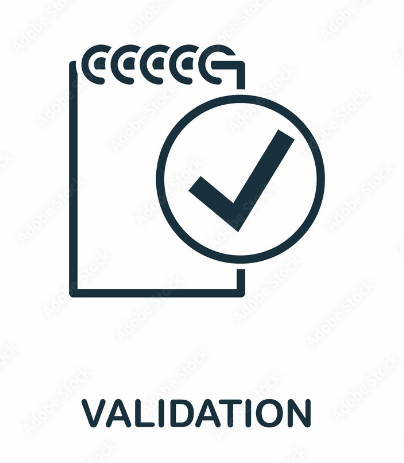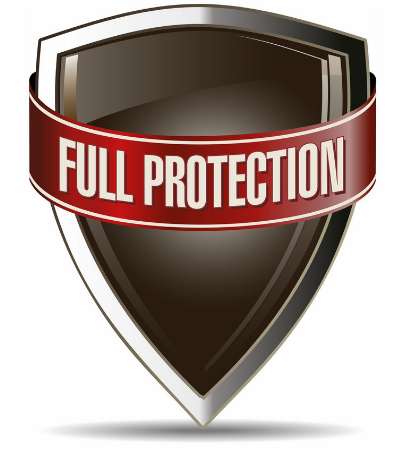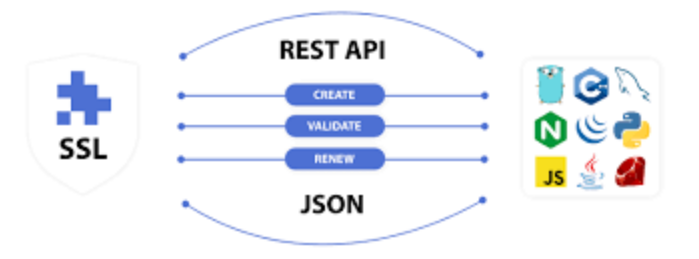ZeroSSL
Today we will be making a recommendation about ZeroSSL a great product that serves as a significant resource for enhancing online security, providing SSL (Secure Socket Layer) certificates without charge. This democratizes access to the basic security measures necessary for establishing encrypted connections between web servers and browsers. The availability of free SSL certificates through ZeroSSL can particularly benefit small businesses, startups, and individuals looking to secure their websites without incurring additional costs.
The quick setup and user-friendly interface of ZeroSSL facilitate a smoother process for users to implement HTTPS on their websites, which is crucial for protecting user data, increasing site credibility, and improving search engine rankings. By enabling encryption, SSL certificates ensure that any data transmitted between the user’s browser and the website remains private and secure from interception or tampering.
In a broader context, the widespread availability of free SSL certificates from platforms like ZeroSSL contributes to a more secure and trustworthy internet. This is especially important as cyber threats continue to evolve and privacy concerns grow among internet users.
See below some of the best features you will have with ZeroSSL.
ZeroSSL Quick Validation
ZeroSSL’s approach to streamlining the SSL certificate approval process significantly enhances the ease and speed at which website owners can secure their websites. Traditional SSL certificate issuance can sometimes be cumbersome and time-consuming, involving several steps of validation and verification. ZeroSSL, by offering quick and straightforward validation methods such as one-step email validation, server uploads, or CNAME verification, simplifies this process.
Here’s a brief overview of how these validation methods work:
One-Step Email Validation: The website owner receives an email to an address associated with the domain being secured. By following a verification link or providing a verification code found in the email, the owner can prove control over the domain. This method is straightforward and quick, requiring minimal technical knowledge.
Server Uploads: This method involves uploading a specific file provided by ZeroSSL to the root directory of the website. The presence of this file is then automatically verified by ZeroSSL, proving the website owner’s control over the domain and the server.
CNAME Verification: This more technical method involves adding a CNAME record to the domain’s DNS settings. The record points to a verification address provided by ZeroSSL, allowing the service to verify domain ownership through DNS.
These validation options cater to different levels of technical expertise and preferences, making SSL certificates more accessible to a broader audience. By reducing the time and effort required for SSL certificate approval, ZeroSSL not only encourages wider adoption of HTTPS but also helps maintain high security standards across the web.
ZeroSSL Full Protection
ZeroSSL’s promise of full protection for domains, websites, and backend systems in under 5 minutes highlights its commitment to making cybersecurity accessible and straightforward. This approach is invaluable for businesses and individuals who need to secure their online presence quickly and efficiently. Here’s how ZeroSSL delivers on this promise:
Ease of Use: ZeroSSL is designed with a user-friendly interface that simplifies the process of obtaining an SSL certificate. Users can navigate through the certificate application, validation, and installation processes with ease, even without extensive technical knowledge.
Rapid Deployment: The platform’s streamlined validation process (including email verification, DNS CNAME, or file upload methods) allows for the rapid approval of SSL certificates. This means that within minutes, a website can transition from HTTP to HTTPS, securing data transmissions between the server and its users.
Versatile API Integration: For more technically savvy users or businesses with more extensive needs, ZeroSSL offers a REST API that automates the issuance, renewal, and management of SSL certificates. This can integrate directly into deployment pipelines or backend systems, ensuring continuous protection without manual intervention.
Wide Range of Certificates: ZeroSSL provides a variety of SSL certificates to cater to different needs, including 90-day free certificates and premium options with extended validity. This flexibility ensures that users can choose the level of protection that best fits their requirements.
Comprehensive Coverage: By securing a website with SSL/TLS encryption, ZeroSSL helps protect against a range of cybersecurity threats, including data breaches, man-in-the-middle attacks, and phishing attempts. This encryption is crucial for protecting sensitive user data, such as login credentials and personal information.
Trust and Compliance: Using SSL certificates from ZeroSSL helps websites comply with privacy policies and regulatory requirements, building trust with users. HTTPS is also a ranking factor for search engines, meaning that SSL protection can help improve a site’s visibility.
ZeroSSL SSL Rest API
ZeroSSL’s REST API significantly enhances the SSL certificate management process, catering to developers and businesses that prefer automated, programmatic interactions for their infrastructure. The REST API architecture allows for straightforward integration into existing systems, scripts, or DevOps workflows, offering a high level of flexibility and efficiency.
Here’s how the REST API can transform SSL certificate management:
Certificate Issuance: Developers can automate the process of requesting and obtaining SSL certificates directly through the API. This means applications or management scripts can programmatically request new certificates as needed, without manual intervention, streamlining the deployment of secure services.
CSR (Certificate Signing Request) Validation: The API can automatically handle the validation of CSRs. A CSR is a block of encoded text with public key and identity information. Validating it through the API saves time and reduces the risk of errors during the SSL certificate application process.
Renewal and Revocation: Managing the lifecycle of an SSL certificate is crucial to maintaining website security. The API facilitates automated renewals, ensuring that certificates are updated before they expire. Additionally, it allows for the revocation of certificates that are no longer needed or that have been compromised.
Domain Validation: Just as ZeroSSL simplifies domain validation through its web interface, the REST API provides methods for automating this process. Whether through email validation, DNS CNAME records, or file uploads, the API supports the initiation and verification of these validation steps programmatically.
Management and Reporting: Beyond issuance and validation, the REST API enables the querying of certificate details, statuses, and management of multiple certificates across various domains. This is particularly beneficial for organizations managing a large portfolio of domains, offering visibility and control over their SSL certificates.
The automation capabilities provided by ZeroSSL’s REST API not only save time but also reduce the potential for human error in the certificate management process. By integrating SSL management tasks into automated workflows, businesses can ensure continuous security compliance with minimal manual oversight, thereby saving money in the long term by reducing the need for dedicated resources to manage these processes manually. This makes ZeroSSL’s REST API a valuable tool for developers, IT professionals, and businesses aiming to maintain high security standards while optimizing operational efficiency.
To subscribe to ZeroSSL just click the link below.









